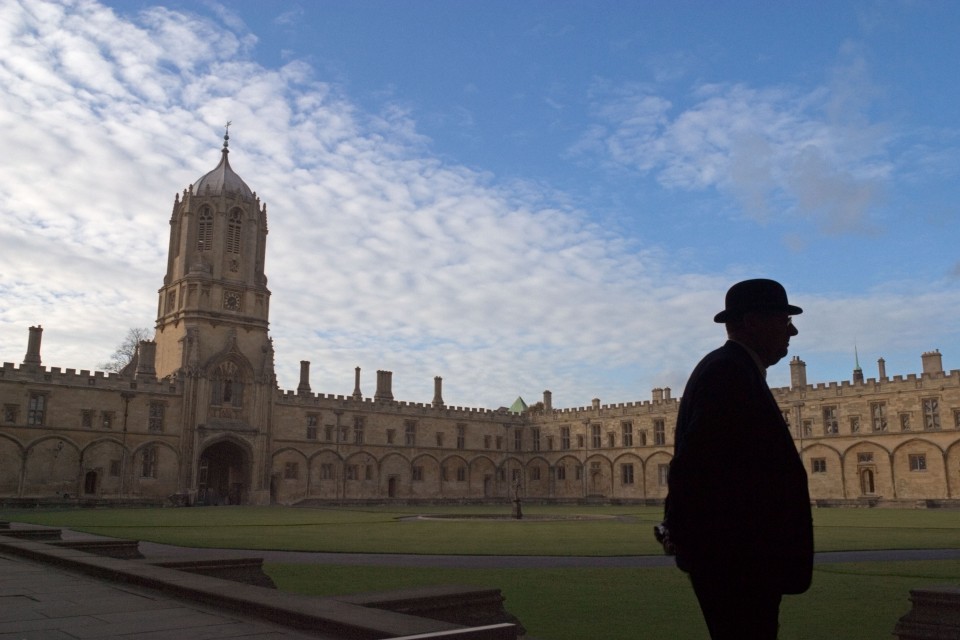Washington Post
Rick Noack
 Britain’s higher education system is considered among the world’s best.
Britain’s higher education system is considered among the world’s best.
At least if you have the right skin color, critics say.
British universities have frequently been perceived as elitist – and sometimes as unjust. Pupils from state schools still are less likely to be accepted at better-ranked universities than their peers who graduated from private schools. Whereas 23 percent of all black college applicants in Britain receive offers from top universities, 55 percent of white applicants are successful, numbers released last year showed.
Four British universities – located in Exeter, Huddersfield, Liverpool and Winchester – have launched an experiment to try out “name blind” applications in an effort to tackle ethnic, religious or gender discrimination. It is the first such effort at British higher education institutions although similar procedures are already in place at multiple private and public enterprises.
The pilot scheme’s organizers say that college recruiters may unconsciously be influenced by students’ names, drawing conclusions that prevent promising applicants from being offered spots. The four participating universities said they would continue to make other information – such as family income – available to recruiters.
The idea has been backed by the British Minister of Universities, Jo Johnson, who has said he welcomed efforts to “stamp out inequality,” according to the BBC.
But although the idea has been applauded publicly, it has also sparked resistance among university officials.
Last year, then-Prime Minister David Cameron announced that “name blind” university applications would soon become the new normal. “(T)wo weeks ago, I spoke about a young black woman who had to put a more white-sounding name on her CV before she started getting called for interviews. Such racism in 21st-century Britain, I said, was a disgrace,” Cameron wrote in an op-ed for The Guardian newspaper.
“The reasons are complex, but unconscious bias is clearly a risk. So we have agreed with UCAS that it will make its applications name-blind, too, from 2017,” Cameron announced.
The initial plans were supposed to keep all names anonymous until applicants were invited to an interview for a university spot.
But UCAS – the organization which processes applications for undergraduate students – said in a response that the acceptance rate of black and ethnic minority group students had already increased by 64 percent between 2006 and 2014.
Skepticism was shared by some British universities who warned that Cameron’s plans might backfire, eventually harming diversity on college campuses because anonymous applications would make it harder for recruiters to support students from disadvantaged backgrounds.
Initial supporters of Cameron’s idea also raised concerns whether hiding names would be sufficient, as other information – such as the names and locations of schools in areas considered problematic – might give away specifics about the possible ethnic or religious backgrounds of applicants.
Cameron reacted angrily to that criticism, saying earlier this year: “If you’re a young black man, you’re more likely to be in a prison cell than studying at a top university.”
His comments came after it was reported that out of 2,233 available spots at Oxford University, only 48 had been allocated to African, Caribbean or mixed background applicants in 2013.
David Cameron’s resignation as Prime Minister and past criticism of his plans by professors and heads of universities may make a rapid national implementation of the program unlikely.
But the new pilot program’s universities can give the idea its first real-world test over the next few months.




